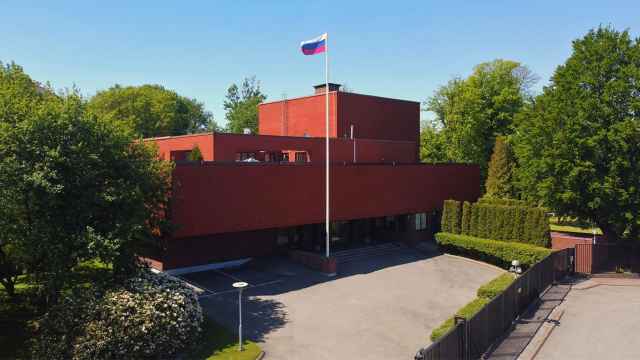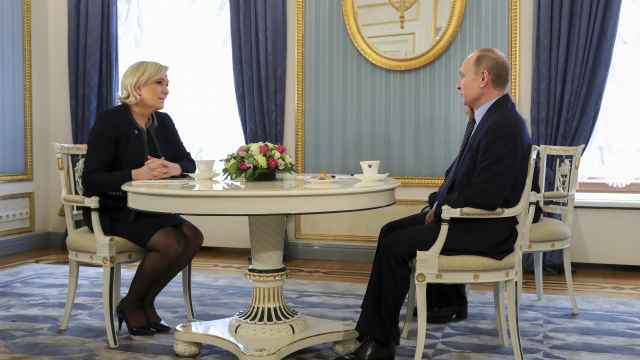Sweden said Sunday that it seized a vessel suspected of damaging a fiber-optic cable under the Baltic Sea that links the country to Latvia, in what authorities are investigating as an act of "aggravated sabotage."
Latvia dispatched a warship to the site of the incident, underscoring growing concerns over undersea infrastructure security in the Baltic Sea, where recent cable damage has raised fears of sabotage.
Swedish prosecutors said in a statement that an investigation into the suspected sabotage was underway. “A vessel suspected of having committed the sabotage has been seized,” they said.
Latvia's navy identified a suspect vessel, the Michalis San, near the location of the cable damage, along with two other ships. Naval tracking sites showed the Michalis San was en route to Russia.
"We have a warship patrolling the Baltic Sea around the clock every day and night, allowing us to quickly dispatch it once we learned about the damage," Latvian navy commander Maris Polencs said at a briefing on Sunday.
Latvian Prime Minister Evika Siliņa confirmed Riga had notified Swedish authorities, with both nations now coordinating their response. Swedish Prime Minister Ulf Kristersson wrote on X that he had spoken with Silina.
"There is information suggesting that at least one data cable between Sweden and Latvia has been damaged in the Baltic Sea. The cable is owned by a Latvian entity," Kristersson said. "Sweden, Latvia and NATO are closely cooperating on the matter."
The damaged cable belongs to Latvia's state radio and television center (LVRTC), which reported "disruptions in data transmission speeds." The company said backup measures had mitigated the impact, although delays in data speeds were possible.
"Based on current findings, it is presumed that the cable is significantly damaged due to external factors. LVRTC has initiated criminal procedural actions," the company said in a statement.
The incident occurred in Swedish territorial waters at a depth of at least 50 meters (164 feet), officials said.
NATO has recently intensified surveillance of the Baltic Sea, launching a new monitoring mission involving patrol ships and aircraft to protect undersea infrastructure.
European Commission President Ursula von der Leyen expressed "full solidarity" with the affected nations. "The resilience and security of our critical infrastructure is a top priority," she wrote on X.
This latest incident has fueled speculation that Russia may be orchestrating hybrid warfare tactics against the West amid ongoing tensions over its invasion of Ukraine.
A Message from The Moscow Times:
Dear readers,
We are facing unprecedented challenges. Russia's Prosecutor General's Office has designated The Moscow Times as an "undesirable" organization, criminalizing our work and putting our staff at risk of prosecution. This follows our earlier unjust labeling as a "foreign agent."
These actions are direct attempts to silence independent journalism in Russia. The authorities claim our work "discredits the decisions of the Russian leadership." We see things differently: we strive to provide accurate, unbiased reporting on Russia.
We, the journalists of The Moscow Times, refuse to be silenced. But to continue our work, we need your help.
Your support, no matter how small, makes a world of difference. If you can, please support us monthly starting from just $2. It's quick to set up, and every contribution makes a significant impact.
By supporting The Moscow Times, you're defending open, independent journalism in the face of repression. Thank you for standing with us.
Remind me later.






